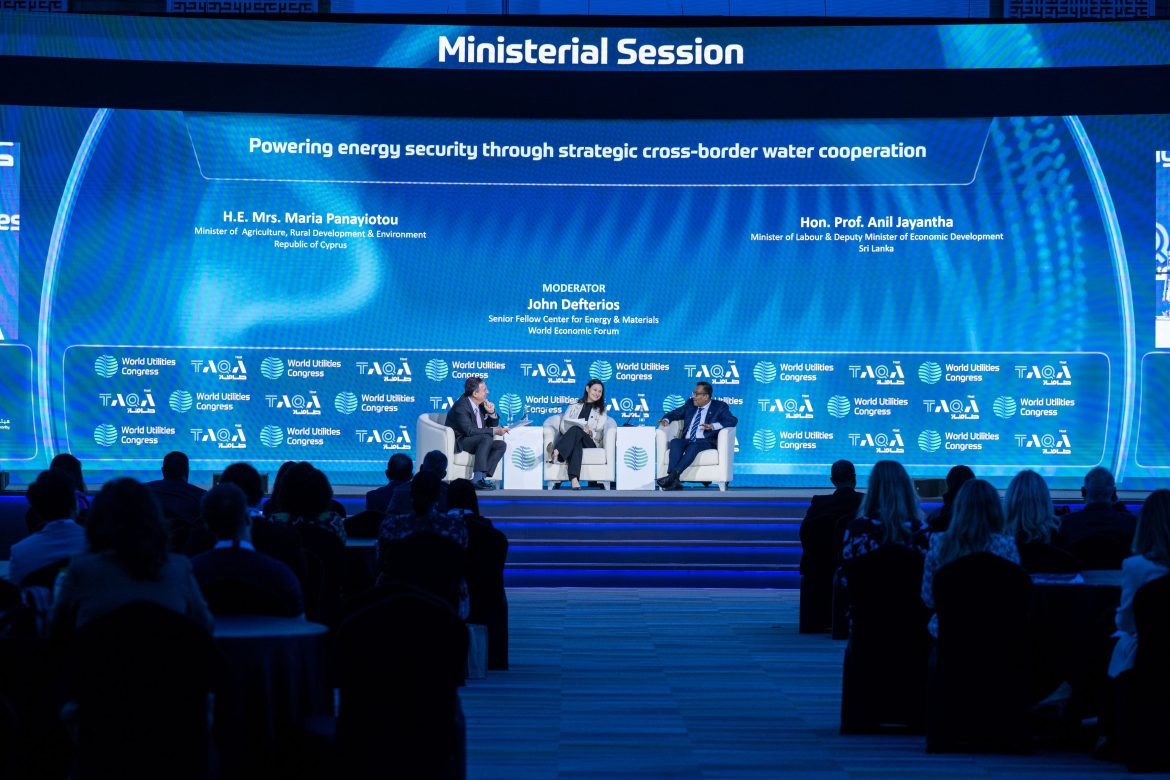The World Utilities Congress 2025 continued today at ADNEC Centre Abu Dhabi, solidifying its role as a global platform for sector-wide transformation. Bringing together global leaders, policymakers and innovators under …
Innovation & Education
-
Innovation & EducationLatest News
SQUARELY Grows Its Talent Base with Global Experience — Including Silicon Valley — to Refine UX at Scale
Sustainable Square is advancing its AI-powered ESG reporting platform, SQUARELY, by embedding international best practices across its design, functionality, and user experience. With the ESG reporting landscape becoming increasingly complex, …
-
In a bold move that redefines the intersection of agriculture, technology, and climate action, Global Olive Corporation (GOC) has launched a global campaign to tokenize 100 million olive trees, positioning …
-
Zscaler, Inc., the leader in cloud security, has announced its participation in LEAP 2025 from February 09-12, 2025, at the Riyadh Exhibition & Convention Center, Malham. Zscaler will be located …
-
EnvironmentInnovation & EducationLatest News
UE Dubai and BSH Middle East Celebrate Young Sustainability Innovators at the Green Genius Challenge Awards Ceremony
University of Europe for Applied Sciences in Dubai (UE Dubai) and BSH Home Appliances Middle East celebrated the remarkable achievements of emerging visionaries at the Green Genius Challenge: Eco-Appliance Edition. …
-
Innovation & EducationLatest News
Goodyear introduces innovative Tire Pressure Monitoring System (TPMS) technology to enhance fleet management in Saudi Arabia.
The Goodyear Tire & Rubber Company launches its cutting-edge Tire Pressure Monitoring System (TPMS) in Saudi Arabia. This advanced solution integrates digital technology with Goodyear’s tire expertise to deliver advanced …
-
Innovation & EducationLatest News
DCAI opens global registrations for ‘One Million Prompters’ initiative
Dubai Centre for Artificial Intelligence (DCAI) has officially opened registrations for ‘One Million Prompters’, a pioneering initiative aimed at training one million individuals in the emerging field of AI prompt …
-
Innovation & EducationLatest News
Emirates Aviation University honours 288 emerging aviation leaders
Emirates Aviation University (EAU) has graduated another diverse, highly skilled class of 288 students who have mastered academic success to officially enter the rapidly evolving world of aerospace and aviation. …
-
Developing storiesInnovation & Education
Bridging Academia and Industry: Prof. Karim Lakhani on Driving Global Impact
In an interview with Sal Jafar, CEO of ESG Mena, Prof. Karim Lakhani, Chair of DDDI at Harvard, discusses best practices in academia and the private sector, and shares insights …
-
Developing storiesInnovation & Education
AI and Sustainability: Dr. Najwa Aaraj on Challenges and Opportunities in the Middle East
In an exclusive interview with Sal Jafar, CEO of ESG Mena, Dr. Najwa Aaraj, CEO of Tech Innovation Institution, shares her perspective on the challenges and benefits of integrating AI …




